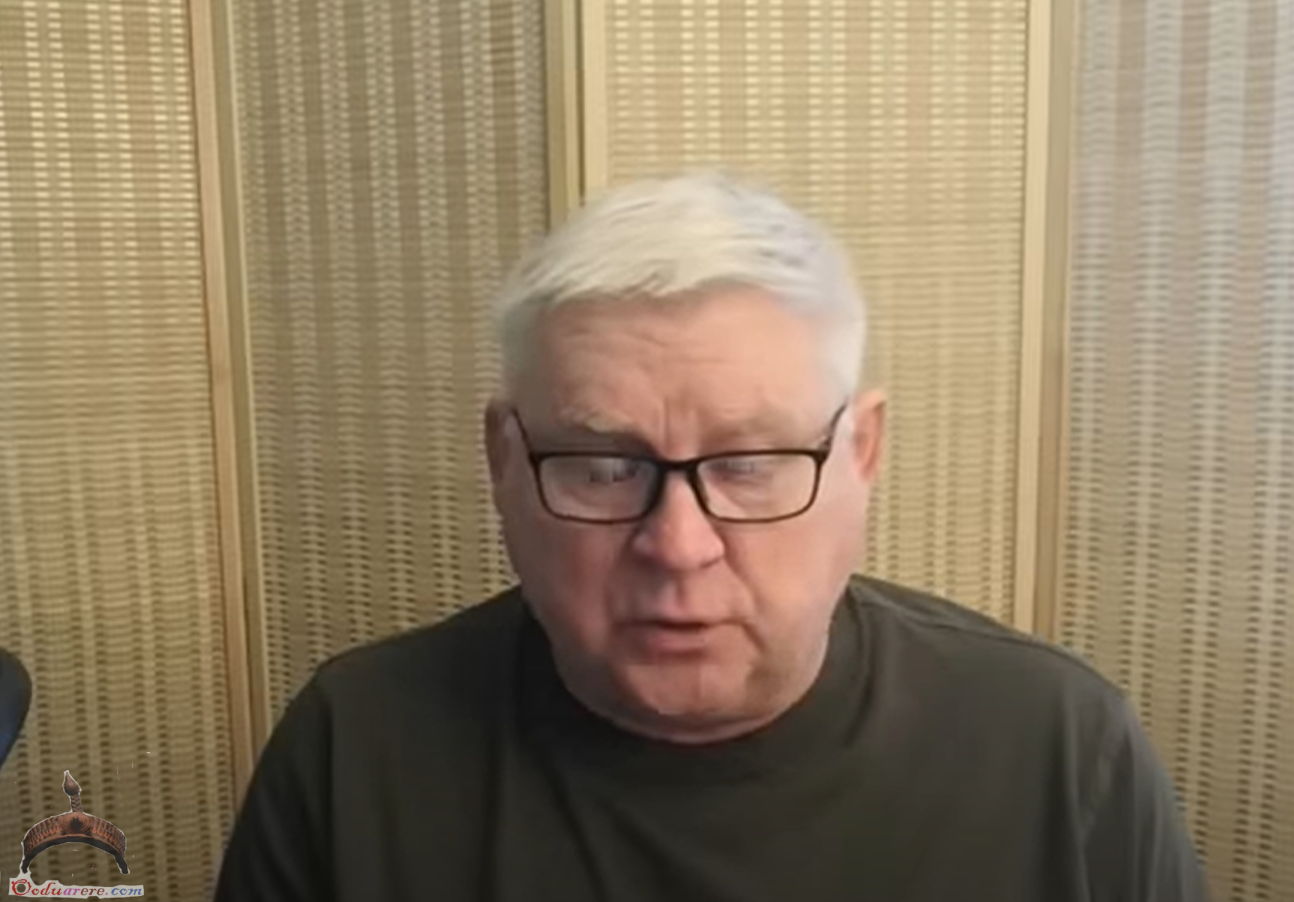On September 16, hundreds of protesters gathered near those Turkish military positions in Greater Idlib, which are surrounded by the Syrian Army, demanding the full withdrawal of the Turkish Army from Syria.
The largest protests took place near Turkish observation posts at Murak and Alsurman. Both these posts were surrounded by Syrian troops during the military operation against Turkish-backed al-Qaeda terrorists in southern Idlib. A majority of the protesters who took part in the event were from the nearby towns and villages, including Murak, Alsurman and Tell Touqan.
In the best traditions of Turkish ‘democracy’, Turkish soldiers from the Murak observation post responded to the protesters with tear gas.
Later on the same day, the Turkish government claimed that the observation posts had become the target of provocations and even individual attacks fomented by the ‘Assad regime’. According to the Turkish side, Turkish forces successfully repelled the provocation.
Meanwhile, Russian-Turkish military consultations on the conflicts in Syria and Libya have been ongoing in Ankara. According to Russian state media, Moscow proposed that the Turkish military reduce the number of observation posts in Greater Idlib, but the proposal was rejected. Nonetheless, Russian state media reported, citing their own sources, that Turkey had agreed to reduce the number of troops deployed in Idlib.
Currently, Ankara has almost 10,000 troops and thousands of pieces of military equipment, including battle tanks and artillery, in northwestern Syria. If the media reports are true, the formal and widely-promoted withdrawal of a dozen Turkish military trucks with several dozen troops will not change the situation strategically. Ankara has repeatedly demonstrated that it is not interested in a real fight against terrorism in Syria and that it in fact uses Idlib terrorist groups to promote its own agenda. This posture could be changed only under the increasing pressure of circumstances and regular friendly reminders from Turkey’s ‘strategic partners’.
As one such reminder over the past few days, the Russian Aerospace Forces conducted more than a hundred airstrikes on infrastructure and positions of the Turkish-backed terrorists. These strikes started last weekend and as of the morning of September 17, it does not seem that they will be fully halted anytime soon. Clouds have once again gathered over the jihadi paradise, which is being created by the Erdogan government in northwestern Syria.
 Ọmọ Oòduà Naija Gist | News From Nigeria | Entertainment gist Nigeria|Networking|News.. Visit for Nigeria breaking news , Nigerian Movies , Naija music , Jobs In Nigeria , Naija News , Nollywood, Gist and more
Ọmọ Oòduà Naija Gist | News From Nigeria | Entertainment gist Nigeria|Networking|News.. Visit for Nigeria breaking news , Nigerian Movies , Naija music , Jobs In Nigeria , Naija News , Nollywood, Gist and more









